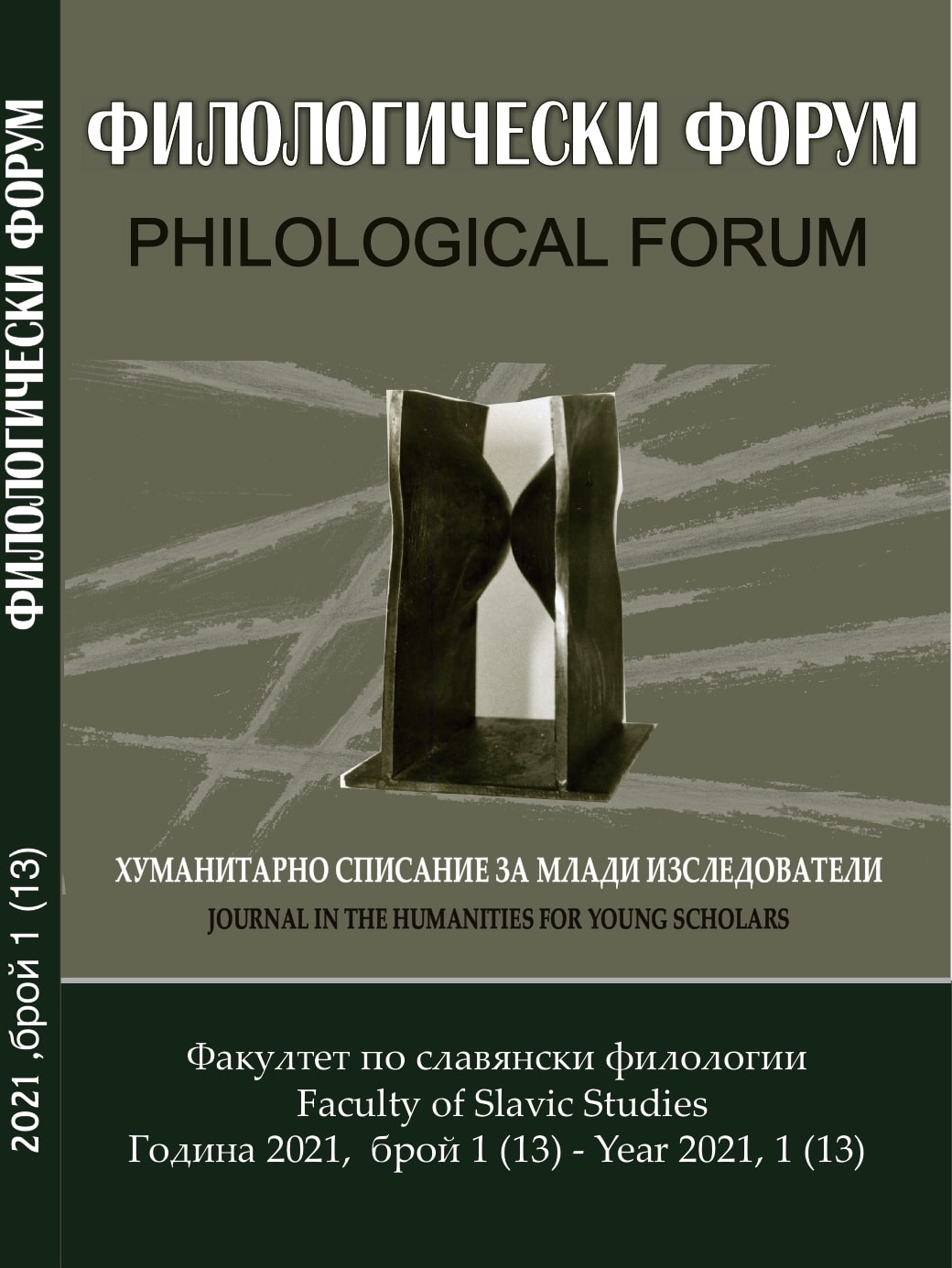Linguistic Typology in Kinship Terminology of Western and Southern Slavic Languages
Linguistic Typology in Kinship Terminology of Western and Southern Slavic Languages
Author(s): Hana DemelováSubject(s): Language studies, Language and Literature Studies, Foreign languages learning, Applied Linguistics, Eastern Slavic Languages, South Slavic Languages
Published by: Софийски университет »Св. Климент Охридски«
Keywords: kinship terminology; linguistic typology; analytic languages; synthetic languages; Slavic languages
Summary/Abstract: This paper discusses recent changes in the kinship terminology of West and South Slavic languages. It focuses on innovations that have become prominent in West Slavic languages and uses corpus data from South Slavic languages to compare the situation in the two geographic areas. The aim of this paper is to examine if the situation with respect to kinship term innovation is the same in South Slavic languages and in what directions the development of kinship terminology in these languages might continue in the future. The paper is divided into two main parts, the first being theoretical assumptions, where theoretical background of linguistic typology is introduced, with remarks about the general categorization of the studied languages and linguistic typology in lexicology. The methodology employed is also discussed in this part, specifically the quantitative study of the corpus data referenced above. The second part brings together data from national corpora of studied languages and discusses the results of the related comparison. Hence, Polish has been rejected as the most analytical language in this area – this place has been taken over by Slovak. Southern Slavic languages differ a lot, however Bulgarian and to some extent Slovenian are open to analytical terms, too.
Journal: Филологически форум
- Issue Year: 7/2021
- Issue No: 01
- Page Range: 78-89
- Page Count: 12
- Language: English

